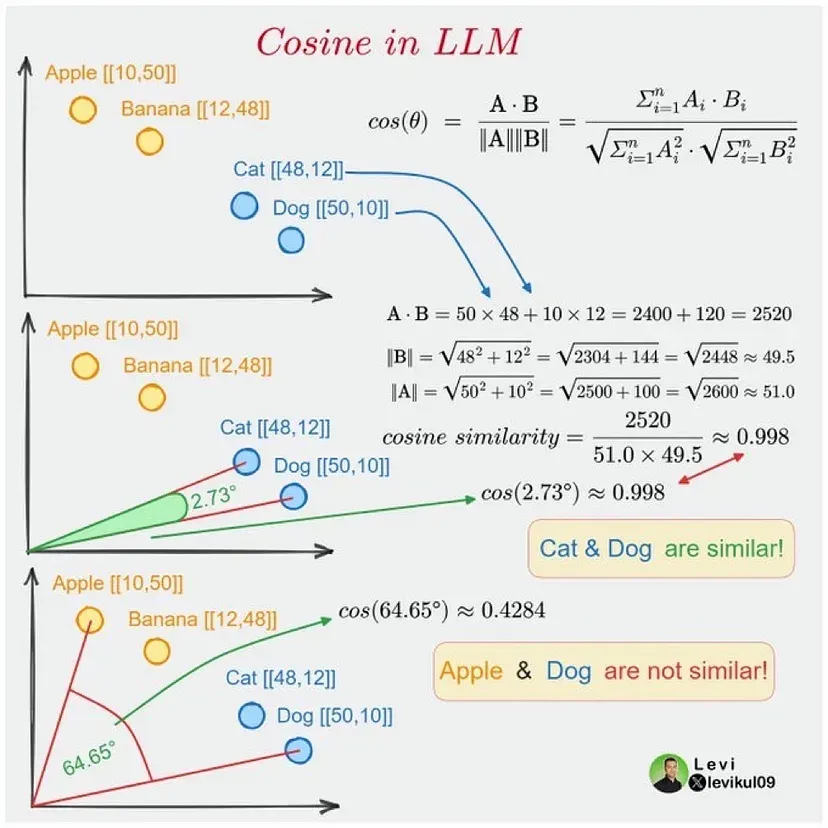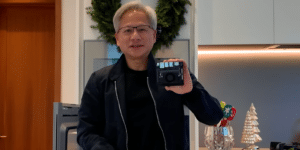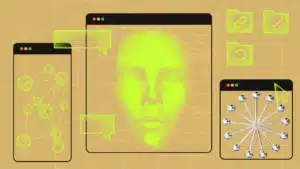Generative AI helps creativity but hurts originality, study says
5 months ago Benito Santiago
Writers are finding AI useful in coming up with story ideas, inspiring creativity, and making content more engaging and professional. However, new research suggests that overuse of the technology may increase the risk of limiting the diversity of collective innovation. In other words, writing AI can make less difference.
“Generative AI-enabled stories are more similar than stories told by humans alone,” the study said. “These results indicate an increase in individual innovation at the risk of losing collective innovation.
The researchers added, “Our results show that despite the increased effects of generative AI on individual creativity, there may be a note of caution if generative AI is widely used for creative tasks.”
Study authors Anil Dosh and Oliver P. Hauser conducted his experiments in several stages. First, he recruited 293 participants to write short stories and divided them into three groups: human-only, human-one generative AI ideas, and human-five generative AI ideas. Generative AI ideas are provided by OpenAI's GPT-4.
In the second phase, a separate group of 600 participants rated stories on creativity, novelty, usefulness, and emotional attributes. Scores were collected based on criteria such as “this story is well written”, “this story has a surprising twist” and “this story is boring”. To avoid any bias, the reviewers were unaware of the use of generative AI after their first review.
AI improved the results on some parameters. For example, one of the most significant benefits of generative AI is its ability to “professionalize” content. Stories created with the help of AI are often described as better written and more interesting by the reviews.
This improvement was particularly pronounced among writers who were not naturally creative, and the study leveled the playing field and allowed them to perform on a par with their creative peers. On the other hand, the study also indicated that natural inventors did not benefit as much from using AI.
Still, the more AI was used, the better it was for those who wanted it.
“Although finding one generative AI idea leads to slightly greater innovation, the highest profits (and statistically significant differences in previously recorded indices) are obtained from writers who find five generative AI ideas,” the study found. .
Comparing stories
After the experiment, the researchers looked at how similar the texts were. To do this, they used a series of embeddings from OpenAI's API. These embeddings helped identify the content of the text. He then measured the diversity of each story by measuring how similar they were to each other using cosine similarity. A measure that evaluates the similarity between two vectors, regardless of their size.

The results show that stories created with the help of AI are more similar than those created without it. This similarity can be said to be a “crossover effect” of AI-generated ideas.
“Our results show that the discovery of generative AI ideas makes the story more similar to the average of other stories in the same situation,” the researchers said.
Ethical implications of using AI in innovation processes are also highlighted in the study. Most reviewers in the study found that using AI in writing stories was ethical and still a “creative act.” However, they penalized writers who use AI, noting that transparency and fair credit are essential in AI-assisted creative endeavors.
“The majority of reviewers suggested that disclosure of the use of AI or the underlying text of AI should be included in publications where such tools are used,” the study said.
As generative AI tools improve their capabilities, the issue of ethics at the intersection between AI and art gains relevance.
The future of creativity in the age of AI presents a self-fulfilling prophecy. Less creative people may turn to AI to overcome creative blocks, which may reduce their ability to use their own talents and increase reliance on technology over intelligence. A recent study published in the International Journal of Educational Technology in Higher Education warned that “ChatGPT use can increase procrastination and memory loss and impair student academic performance.”
Considering the impact of generative AI today, this trend can easily extend beyond academia, affecting all fields that value creativity. Understanding and addressing these dynamics will allow artists to harness the full potential of generative AI while maintaining irreplaceable human identity.
Edited by Ryan Ozawa.
Generally intelligent newspaper
A weekly AI journey narrated by General AI Model.












